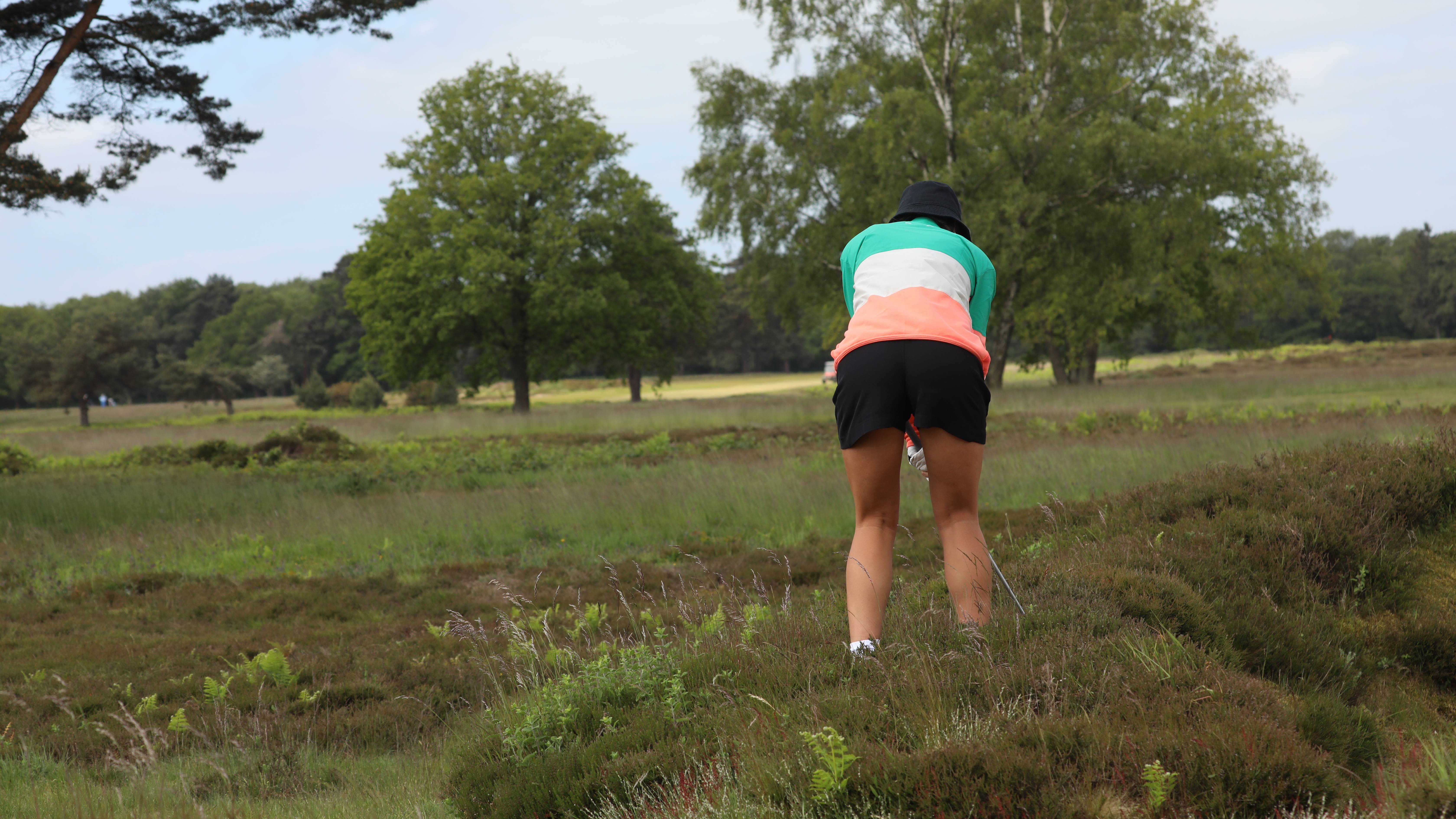
'Golf is a game of minimising mistakes' - Ben Hogan. Well, he’s not wrong, and if you play off a high handicap, then the chances are you are making lots of them! I’m here to help you understand and recognise some of the mistakes you might be making and what to do about it.
Focused On The Wrong Things
Yes, hitting the ball a long way at the golf range feels great, but when it comes to playing on the course, the only thing that matters is hitting the ball where you want it to go. The safety of range golf can give you a false sense of security of, dare I say it…being good.
The truth is though, if you only practice bashing balls with your favourite clubs at the range, you will get good at just that. Golf on a course, however, requires you to be adaptable and ready to take on the course that day.
All Hat, No Horse
I am absolutely all for the benefits that come with being custom-fit for the correct golf clubs, investing in suitable clothing and helpful gadgets, but there is one thing you cannot buy and that is a good golf game. Golf is hard and to be good at it takes time, patience and perseverance, there are no short cuts.
Working in retail I completely understand the allure of buying the latest and best golf clubs and being sold the dream of improvement, but there is also an element of needing time to build familiarity and trust with what you have, every club has its own feel and characteristics, and it takes time to build confidence and consistency.

Take The Bigger Club
Trust me, take the bigger club. Yes, for one out of five shots you might hit that club the required yardage, but why not up the chances of success and take an easier swing at it. If there is one tip you take from this piece that you can apply for instant results, it’s this one. Another reason why it’s better to take the bigger club is because on the vast majority of course layouts the danger can be found at the front of the green.
Course Management
I see too many higher handicaps fixating on trying to get par, rather than what they need to play to their handicap or just below it. To me that’s like trying to run a 3-hour marathon when you are still working your way through Couch to 5k.
Try to pace your golf and your shots and by that I mean, don’t go for hero shots that have a low chance of success. If you enter a hazard, take the punishment and get safely out and back in play. Avoid snowballing from a bad shot, do not let one mistake turn into five.

Not Having A Solid Foundation
The further I’ve gotten into my coaching career the more time I spend on the basics. There is a reason why World No 1 Scottie Scheffler’s favourite training aid is a training grip. How you hold the club has a huge impact on your striking quality and consistency.
Learning golf as an adult can make you feel like you need to rush through all the basics to get to the good stuff of smacking the ball and getting out on the course. You will be able to get away with it for a while, but poor basics always catch up with you and will lead to a plateau of progress.
Consider it another way, there are plenty of different looking swings out on tour, but they all share the same fundamentals when it comes to gripping the club well and having good posture.
Inconsistent Ball Position
If you have ever been to a friend or relative’s house who is not good with technology and then fixed something for them, they look at you like you are some sort of super intelligence from MI5. Well, that is how a golf coach feels altering ball position. It is a simple tweak, but it makes all the difference.
Take the time to learn the basics of the correct ball position for each club. Practice swapping and adjusting your set-up accordingly with different clubs and hit lots of shots because repetition is your friend.
Ignoring The Short Game
Nothing separates the wheat from the chaff more than getting within 50 yards of the green. The vast majority of golfers can get near the green in a fairly similar fashion, but it’s the ability to keep it simple and finish well that makes the difference.
Being too obsessed with smashing balls and range stats prevents many golfers from meaningful short game practice. My amateur career was living proof that you could have a slightly weaker long game, (I struggled with irons) but if you put me around the green or in a bunker, I got up and down.
Prioritise finding a good short game practice area. I feel so strongly about the benefits and I bet that if you swapped your range sessions for short game sessions for one month, you would see more improvement compared to two months on the range.

To Summarise:
- Stop chasing numbers and start chasing hitting the green
- Get the right gear but don’t forget to do the work
- Take the bigger club and take it easy
- Course management, think about playing the percentage shot over the hero shot
- Basics, basics basics, knowing them will serve you well
- Master the correct ball positions
- Swerve the range and hit the short game area
Lastly, remember that golf is a crazy game that can make you go from a feeling of hero to zero with one bad shot. Be kind to yourself, be realistic about how well you should be able to play with the time you have to dedicate to improvement. The reason golf is so popular is because ultimately it is striving that makes things fun to do, so enjoy the journey you are on.







